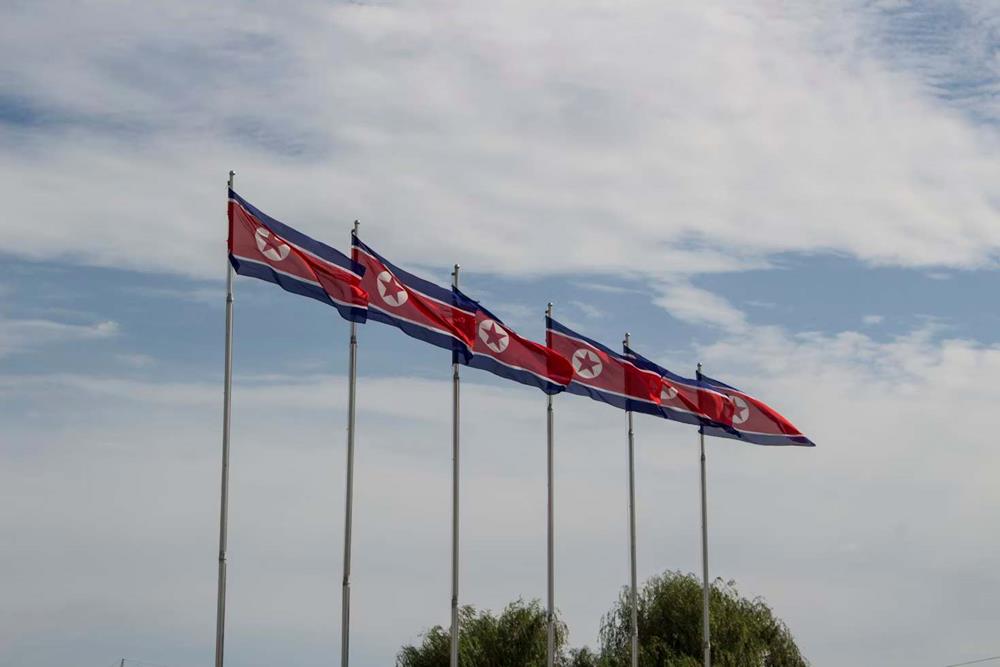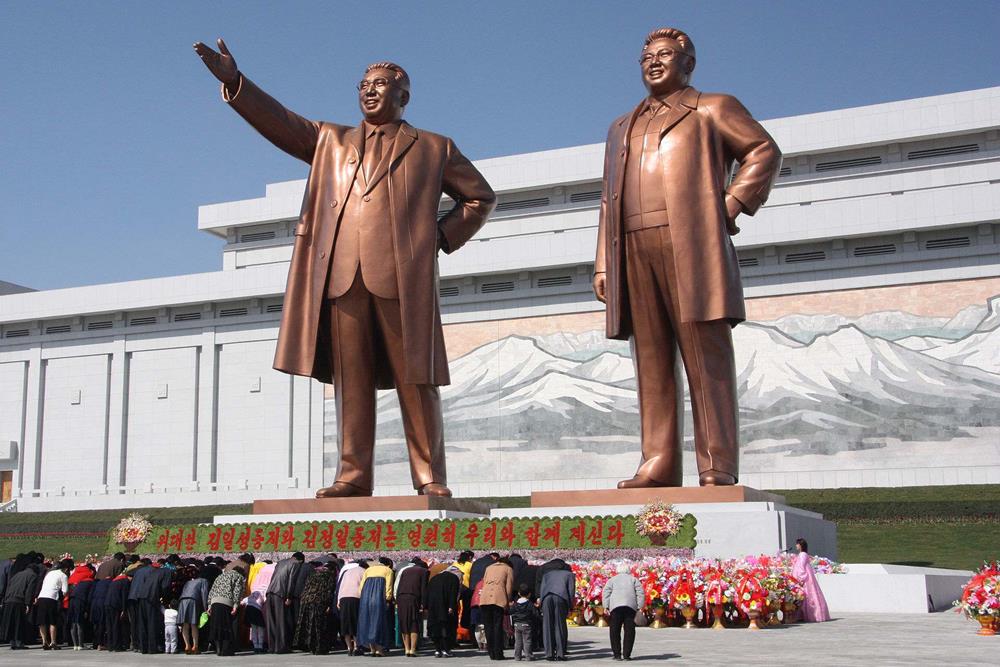Before Kim Jong-Il took the reins, North Korea was already a nation under strict control, guided by the principles of a single-party system. The country, established in the aftermath of World War II and solidified through the Korean War, was deeply influenced by its founding leader, Kim Il-Sung. This period set the stage for a regime characterized by a strong grip on power, an emphasis on the military, and a closed-off approach to the outside world. Kim Jong-Il’s tenure needs to be understood within this context, as it shaped his leadership and the legacy he left behind.
Political Legacy

Kim Jong-Il’s time as North Korea’s leader saw significant shifts in the nation’s political landscape. When Kim Il-Sung passed away in 1994, his son, Kim Jong-Il, stepped into a role that was ripe for the taking. This transition wasn’t just a simple handover; it was the beginning of a new era. Kim Jong-Il didn’t just fill his father’s shoes; he reshaped the position to cement his own legacy. He built a government that revolved around his leadership, ensuring that his voice was the loudest and most heard throughout the land. This effort to tighten his grip on power also saw the rise of a strong cult of personality, where state-run media painted him as a near-mythical figure.
Kim Jong-Il’s reign was marked by the “Military-First” (Songun) policy, placing unprecedented emphasis on the military’s role in society. This focus wasn’t just about parading military might for show. It was a strategic move that bolstered North Korea’s nuclear capabilities, positioning the country as a formidable force on the global stage.
The government kept a close eye on its citizens, employing a vast network of surveillance and repression. Dissent was not tolerated, leading to the establishment of political prison camps known for their harsh conditions and inhumane treatment of inmates.
Kim Jong-Il’s leadership left a complex legacy, characterized by a blend of unwavering control, military might, and a questionable human rights record. This period in North Korea’s history reflects a time of intense consolidation of power, with lasting effects on the nation and its position in international relations.
Economic Impact
During Kim Jong-Il’s rule, North Korea’s economy operated under tight state control. The government decided everything from what was produced to how resources were allocated. This centralized approach aimed to keep the country’s economic reins firmly in the hands of the leadership. However, such policies had mixed impacts on North Korea’s economic health. On one hand, they allowed the regime to direct economic activity towards its priorities, such as military spending. On the other, they stifled innovation and efficiency, leading to economic stagnation and hardship for many North Koreans.
The country faced significant economic challenges, including severe famines in the 1990s. These famines were devastating, with millions of people suffering due to a lack of food. The government’s inability to respond effectively to these crises highlighted the limitations of its rigid economic system. The famines underscored the fragility of North Korea’s economy and the dire consequences of its isolationist policies.
The country’s limited resources and technological capabilities made it difficult to produce everything it needed on its own. As a result, the economy remained vulnerable to external shocks and internal inefficiencies. The emphasis on Juche also contributed to North Korea’s international isolation, further complicating economic management and growth.
Social and Cultural Influence

J.A. de Roo, The statues of Kim Il Sung and Kim Jong Il on Mansu Hill in Pyongyang (april 2012), CC BY-SA 3.0
Kim Jong-Il’s reign in North Korea was marked by a powerful use of propaganda and the development of a strong cult of personality. The government worked tirelessly to craft an image of Kim Jong-Il as a near-divine leader, omnipotent and omniscient. Posters, songs, and broadcasts praised his leadership, aiming to instill unwavering loyalty and admiration in the hearts of North Koreans. This effort to elevate him to god-like status was not just about respect; it was a tool to maintain control, ensuring that his word was law.
Alongside the glorification of its leadership, North Korea took extreme measures to control the flow of information within its borders. The government severely restricted access to external news, entertainment, and perspectives, effectively isolating its citizens from the rest of the world. This control over information was not just about censorship; it was an effort to craft a specific worldview, one that supported the state’s narratives and policies.
The consequences of this information control and isolation were significant. It limited North Koreans’ understanding of the world, keeping them unaware of global perspectives and events. This isolation fostered a sense of uniqueness and separation, reinforcing the government’s messages about external threats and the superiority of their own way of life.
International Relations
Kim Jong-Il’s era saw North Korea significantly advancing its nuclear weapons and ballistic missile programs. The country’s commitment to developing these programs was not just about showcasing its military capabilities; it was a strategic move to assert its presence on the global stage. However, this pursuit came with a hefty price tag. The international community responded with a series of sanctions aimed at curtailing North Korea’s ability to further its nuclear ambitions.
In terms of diplomacy, Kim Jong-Il’s North Korea had a complex relationship with its neighbors and other global powers. Relations with South Korea, the United States, and other countries often fluctuated between moments of tension and brief periods of engagement. Kim Jong-Il used diplomacy as a crucial tool for regime survival, engaging in talks to gain economic aid and concessions when necessary, while also leveraging his nuclear program as a bargaining chip.
Kim Jong-Il’s legacy in international relations is marked by this dual strategy of military development and diplomatic maneuvering. It reflects a period of significant tension but also moments where dialogue seemed possible, albeit within the constraints set by the pursuit of nuclear capabilities.
Conclusion
Kim Jong-Il’s leadership left a deep and indelible mark on North Korea, shaping the country’s destiny in ways that are still felt today. His era was characterized by a rigid consolidation of power, intense militarization, economic hardships, and a unique blend of social and cultural control. Under his rule, North Korea developed a strong nuclear program that became a central point of international tension, leading to widespread sanctions. These actions isolated the country further but also solidified its stance as a defiant player on the global stage.
The legacy of Kim Jong-Il, with its emphasis on self-reliance and military strength, continues to influence North Korea’s direction, but the future remains open to new possibilities. How North Korea navigates its challenges and opportunities will be crucial in determining the next chapter in its history.

